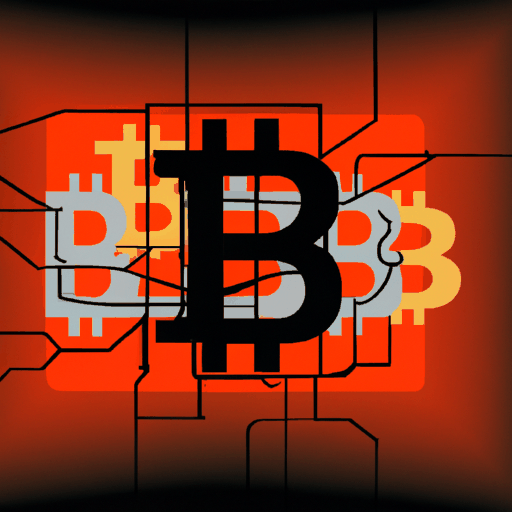
Bitcoin Faces Controversy Over Proposed BIP-444 Soft Fork
By: Eva Baxter
The Bitcoin community is embroiled in a contentious debate surrounding the recent Bitcoin Improvement Proposal 444 (BIP-444). This proposal calls for a rollback on the OP_RETURN upgrade that increased the ledger’s data-embedding capacity, unveiling a divide on how Bitcoin should accommodate non-financial data. Proponents of BIP-444 argue it is a necessary step to mitigate legal risks associated with storing illicit data on the blockchain. The proposal advocates for a temporary one-year soft fork to reduce the data size limit, providing developers time to devise sustainable solutions without compromising Bitcoin’s neutrality.
Central to this debate is Luke Dashjr, a longstanding Bitcoin developer, who supports BIP-444. He warns the expansion of OP_RETURN could allow harmful content onto the blockchain, potentially exposing users to legal action. This proposal contrasts sharply with views that emphasize Bitcoin's openness and resist perceived overregulation. Among its critics, notable figures like Peter Todd and Alex Thorn view the proposal as an unjust attack on Bitcoin's foundational principles, considering the coercive language warning of legal consequences for dissenting nodes could undermine the network's voluntary consensus ethos.
The proposal suggests temporary measures like trimming OP_RETURN capacity to 83 bytes and capping other functions; this gentler soft fork is designed to encourage consensus without partitioning the blockchain. Yet, critics fear it might inadvertently incentivize abuses it wishes to prevent. While technical objections are sparse, the community is on edge about potential implications for Bitcoin governance, highlighting a maturing dilemma wherein the currency seeks to balance immutability with legal accountability, especially as its role as a data repository grows.
This rich debate coincides with minimal adoption of the contentious Bitcoin Core v30 update, reflecting broader caution. Despite theoretical risks from upgrading, Bitcoin’s market price remains largely unaffected amid ongoing macroeconomic challenges like US-China trade tensions. As of now, Bitcoin fluctuates around $116,000, indicating investor confidence despite philosophical schisms. Whether BIP-444 is adopted or not, the proposal marks a watershed moment for Bitcoin governance, sparking deep contemplation within the community about balancing innovation and the network's core principles.



